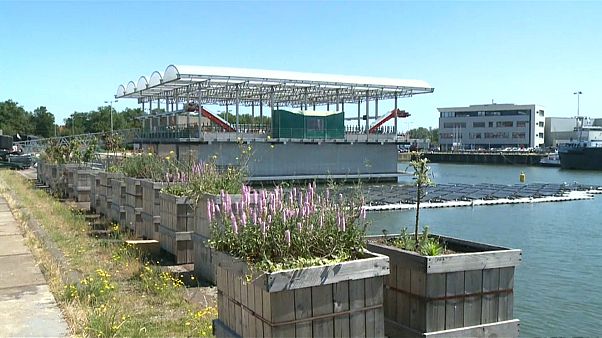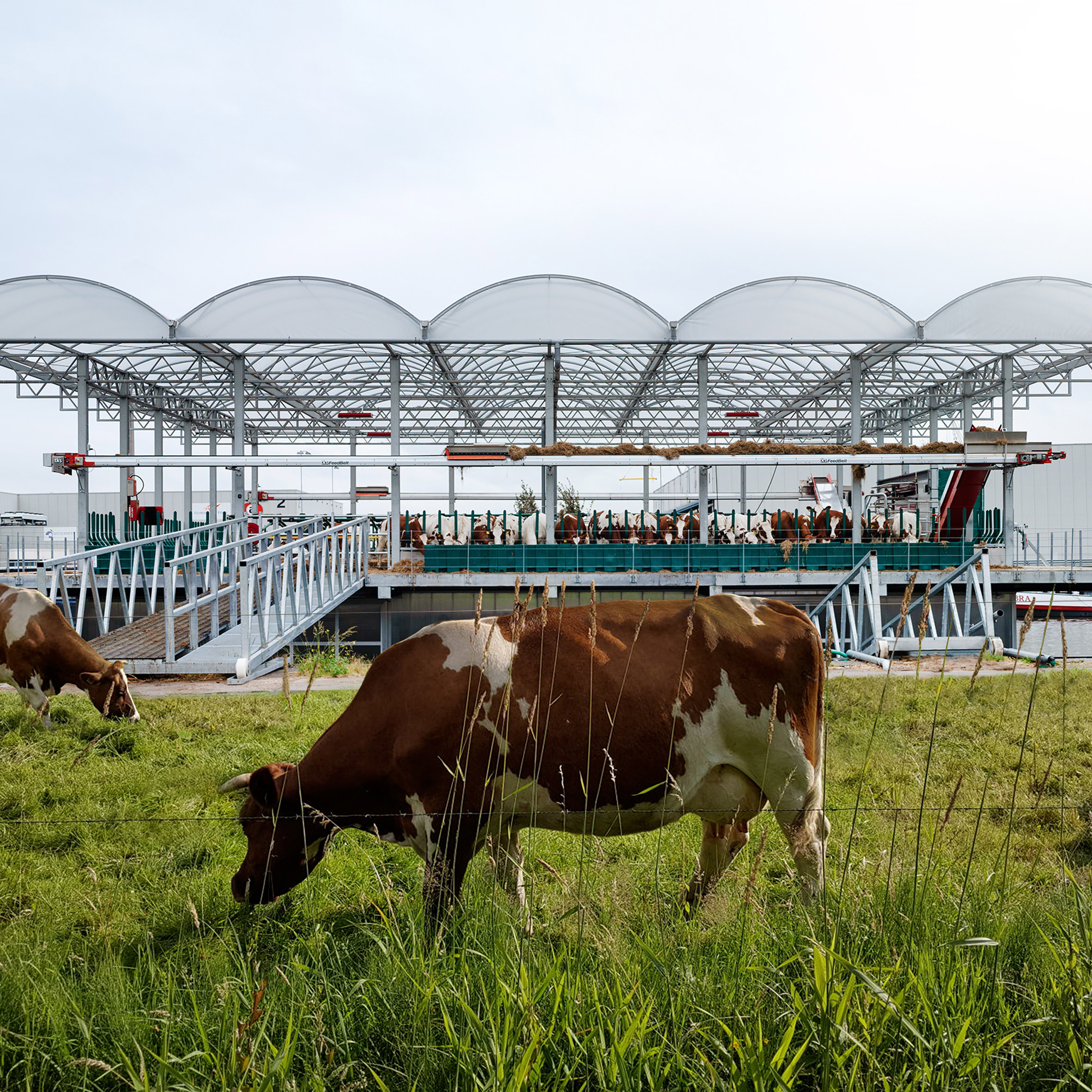
After six years, the work of over 100 scientists in more than 25 countries have taken a huge step in the climate crisis fight. This international collaboration, organized by global initiatives of the Crop Trust project, aims to ensure valuable genetic diversity of wild crops in seed bank before the encroachment of urban development destroys wild habitats entirely. The wild crops collected are relatives of domestic crops that are widely consumed around the world, like potatoes, lentils, rice and chickpeas. The Crop Trust recently released a report that concludes the coalition of scientist were able to secure about 4,600 seeds of 371 nutritionally rich plant species the world relies on.
According to Steven Tanksley, a Cornell University professor emeritus, has deemed this endeavor invaluable because a "natural reservoir of diversity... has allowed plant breeding to attempt to keep pace with demands of the growing human population." Moreover, wild crops have enabled domestic crops, such as rice, tomatoes, potatoes and wheat, to improve their disease resistance. Not to mention, planting a wide variety of plant species enrich soils around the world, which may lead to higher crop yields. These scientists and researchers have literally rode elephants, ventured into crocodile territory, and dodged leeches falling from the sky to benefit our global community amidst the climate crisis.
https://www.npr.org/sections/thesalt/2019/12/03/784259743/raiders-of-the-lost-crops-scientists-race-against-time-to-save-genetic-diversity








